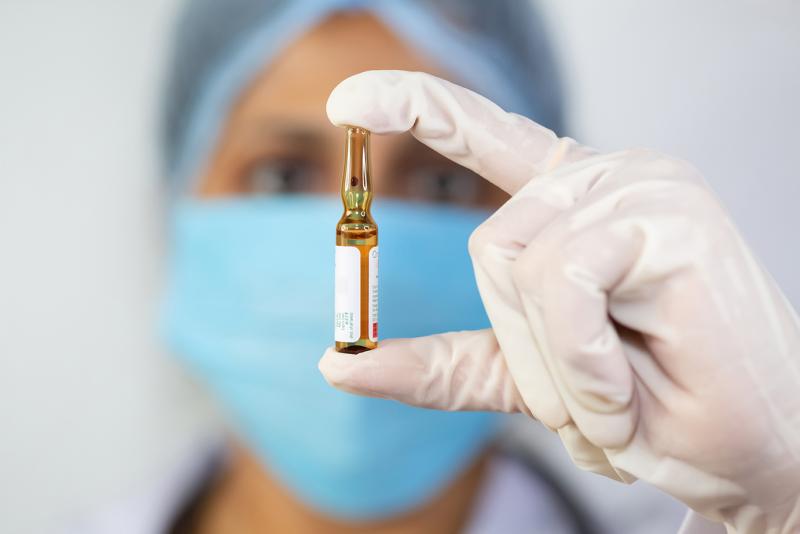Safeguarding Oncology Treatment: The Importance of Medicine Quality in LMICs
Blog
Sub-standard and even falsified medicines are a well-known risk in international pharmaceutical supply chains. A recent Lancet article has brought attention on concerning results of in-market testing for available chemotherapy products in low- and middle-income countries (LMICs). The study confirms that widely used anticancer medicines such as cisplatin and cyclophosphamide, failed the research tests far too often.
The World Health Organization has previously highlighted that at least 1 in 10 medicines in LMICS are either substandard or falsified* - including critical treatments like cancer medicines and antibiotics. This persistent challenge demands urgent and sustained attention. For chemotherapy products this is even more dangerous because the patients are already weakened by cancer and by associated therapies.
Ensuring the quality of anticancer medicines is critical for achieving effective patient outcomes. Yet, in many LMICs, monitoring medicines quality remains a major challenge - largely due to the toxicity of these treatments.
Quality Assurance in Action
At IDA Foundation, we are well aware of the risk of sub-standard products, and this is exactly why, for over 50 years, we’ve built systems specifically designed to detect, prevent, and eliminate substandard and falsified medical products from reaching patients - especially in LMICs where the risk is greatest. Through our quality assurance (QA) controls, we have mitigated those risks at every level:
• Manufacturers are selected based on their ability to meet stringent expectations of international Good Manufacturing Practices,
• Products are selected based on their proven robust design, which ensures consistent compliance with safety specifications,
• Batches are tested extensively, including independent check testing, to confirm consistent performance of the products against their specifications,
• The physical supply chain operates at a high level of control, offering protection against higher temperatures and providing continuous temperature recording and alarms during transport and storage,
• Agreements and processes are in place to react immediately in the event of any unexpected quality indicators relating to manufacturers, products or batches.
Shared Responsibilities, Collective Solutions
As the Lancet article underscores, ensuring medicine quality is a shared responsibility. We are actively engaging with global and local partners - including national procurement agencies, NGOs and advocacy groups like UICC - who share our commitment to patient safety. Read the UICC and ISOPP joint statement here.
Our oncology product portfolio, available through NCDconnect (an IDA initiative dedicated to tackling the unique challenges for NCDs in underserved regions) and our wholesaler activity, reflects the same commitment to quality, safety, and affordability.
Trust is Essential
Assuring the quality of medicines and medical goods is at the heart of our work and has been since our founding in 1972. We believe that every health provider - no matter where they work - should be able to trust the products they give to patients. That’s why all of our approved products (IDA labelled as well as non-labelled) are available exclusively through authorised channels, either directly from IDA or via our official distributors.
Years ago, we have made quality our starting point. Today, as global demand for cancer treatment grows, ensuring access to medicines is essential for achieving equitable cancer care. However, the quality of medicine is non-negotiable.
*Source: https://www.who.int/news-room/fact-sheets/detail/substandard-and-falsified-medical-products

